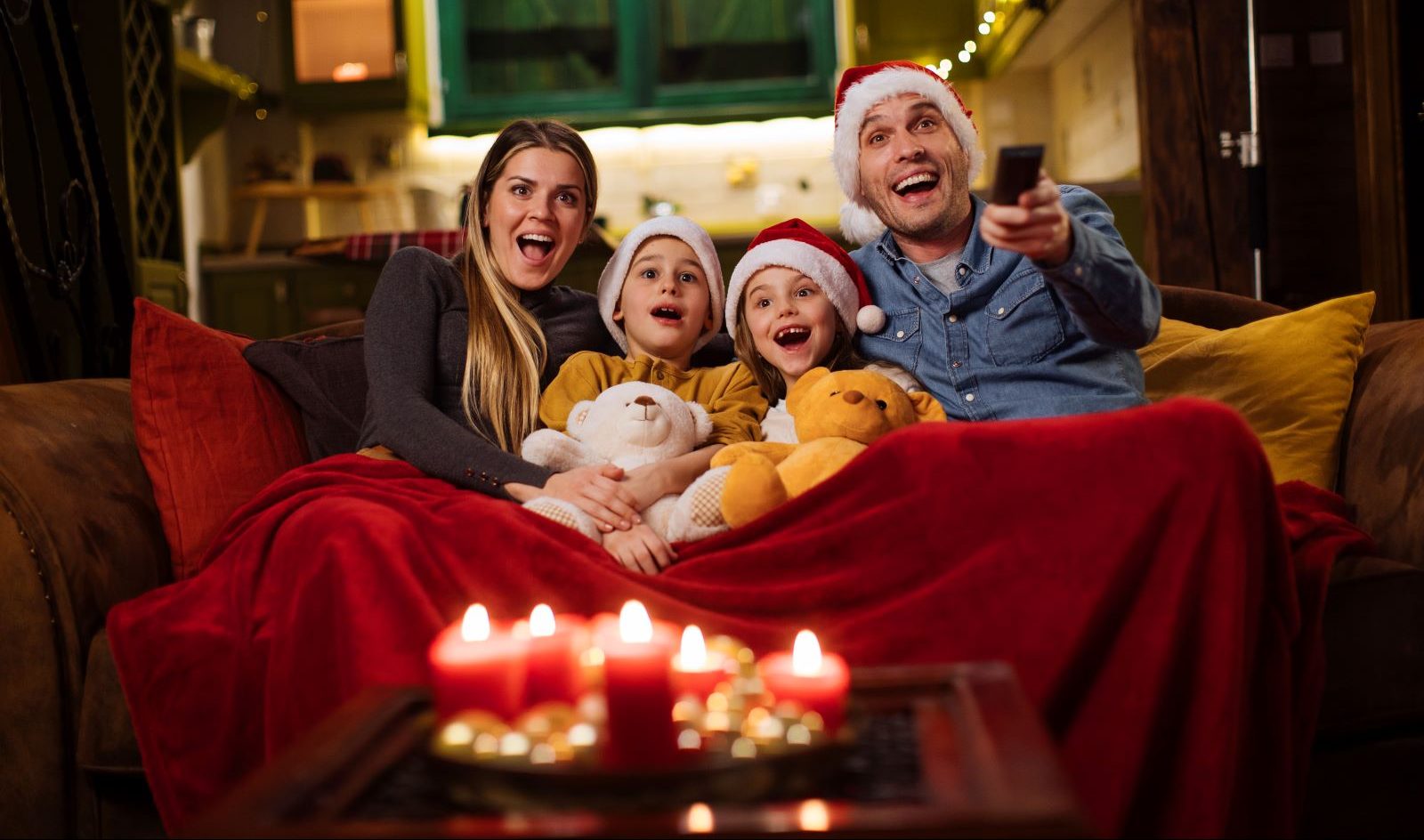If Scrooge and the Grinch can find the holiday spirit, can you?
Research shows that holiday images, memories of childhood, songs and even Hallmark movies can all help contribute to a sense of happiness that can be dubbed the “holiday spirit” or “good cheer.”
“There is a subconscious code of generosity, kindness and charity that the holidays promote, known as ‘holiday spirit,’” notes Carla Schnitzlein, DO, medical director of Natchaug Hospital, part of the Hartford HealthCare Behavioral Health Network.
> Connect with the Behavioral Health Network
But where does that ‘holiday spirit’ come from?
This, research shows, is due to a variety of factors, including:
- Holding happy memories of holidays in the past close.
- Planning fun events with family and friends.
- Practicing treasured traditions with loved ones.
If your holiday memories are happy, your brain will be too.
Several years ago, a researcher performed brain scans on one group of people who celebrated Christmas and another that did not. When shown holiday images, those in the former group showed activity in the front of the brain, where happiness registers.
“Many of us associate the holidays with positive memories and our brains are wired to respond in certain ways when we view certain images, either pleasant or unpleasant,” Dr. Schnitzlein says. “If the holiday memories you have are happy, your brain is more likely to respond in a way that represents happiness or joy.”
It works for music, too, she adds.
“Musical concepts like tempo, rhythm and key impact mood,” she notes. “Major keys, in which many holiday songs are written, are considered happy sounding and can put us in the holiday mindset and spirit.”
This, research indicates, might be why retailers start playing holiday tunes early, hoping they encourage spending.
Not feeling so happy? This might explain why.
The music, lights and trappings of the holidays don’t feel joyous to everyone, however.
“Certainly, may people have strong family connections and wonderful family traditions, which helps promote a positive outlook during the holidays,” Dr. Schnitzlein says. “That said, not everyone has these connections, and they can feel isolated during the holidays.”
Another consideration, she adds, is the 38% of people who, when surveyed, reported increased stress, anxiety and other mental health concerns.
“We have to remember that, although the holidays can spark joy in a large part of the population, it can also be challenging to those with strained family relationships or limited financial means,” Dr. Schnitzlein says.
One thing that might also help, she says, is reframing one of the values that defines holiday spirit – kindness – and remembering to be kind to ourselves, too.
“This can be things like setting boundaries around family interactions, adhering to a budget to avoid overspending, or creating enjoyable holiday traditions,” Dr. Schnitzlein says. “Showing ourselves kindness can make the holidays much more enjoyable.”



